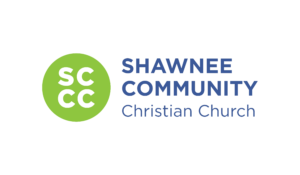Bible Study Moment

In Acts 15:1-21 some Jewish believers have come to Antioch insisting that circumcision is necessary to be saved. Paul and Barnabas argue strongly against their position. I can hear some yelling. The church at Antioch decides to send a delegation to Jerusalem, to the apostles and elders, to resolve this issue. (In Bibles with subject headings, this passage is labeled as The Jerusalem Council.)
Verse 7 mentions that there is much debate. I can practically hear one side refer to scripture like Genesis 12 where God calls Abram (later Abraham) to go where God leads him, stating that all the families or nations of the earth will be blessed because of him (Abram). And the other side refers to passages like Genesis 17 where Abram’s name is changed to Abraham and the rite of circumcision is begun and where the scripture states that any uncircumcised male will be cut off from the people.
Peter ends the debate by indirectly referring to his experience with Cornelius that is recorded for us in Acts 10, and quoting from the prophet Amos (Amos 9:11-12) that the house of David would be restored so that all who seek the Lord, including Gentiles will be able to do so.
The leaders decide in favor of accepting the Gentiles with a few qualifications, but circumcision is not one of them.
Mark Phillips
